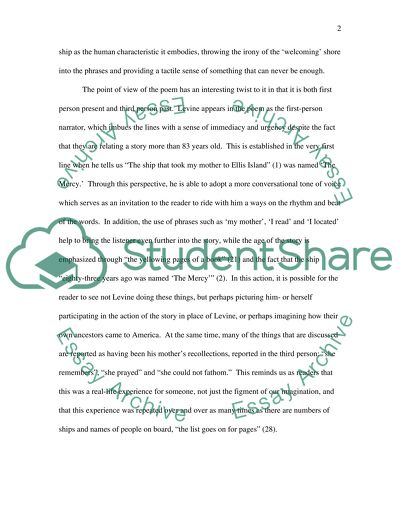Cite this document
(Paul Levines Poetry Literature review Example | Topics and Well Written Essays - 1695 words, n.d.)
Paul Levines Poetry Literature review Example | Topics and Well Written Essays - 1695 words. Retrieved from https://studentshare.org/literature/1537971-explication-or-interpretation-of-a-poem
Paul Levines Poetry Literature review Example | Topics and Well Written Essays - 1695 words. Retrieved from https://studentshare.org/literature/1537971-explication-or-interpretation-of-a-poem
(Paul Levines Poetry Literature Review Example | Topics and Well Written Essays - 1695 Words)
Paul Levines Poetry Literature Review Example | Topics and Well Written Essays - 1695 Words. https://studentshare.org/literature/1537971-explication-or-interpretation-of-a-poem.
Paul Levines Poetry Literature Review Example | Topics and Well Written Essays - 1695 Words. https://studentshare.org/literature/1537971-explication-or-interpretation-of-a-poem.
“Paul Levines Poetry Literature Review Example | Topics and Well Written Essays - 1695 Words”, n.d. https://studentshare.org/literature/1537971-explication-or-interpretation-of-a-poem.


